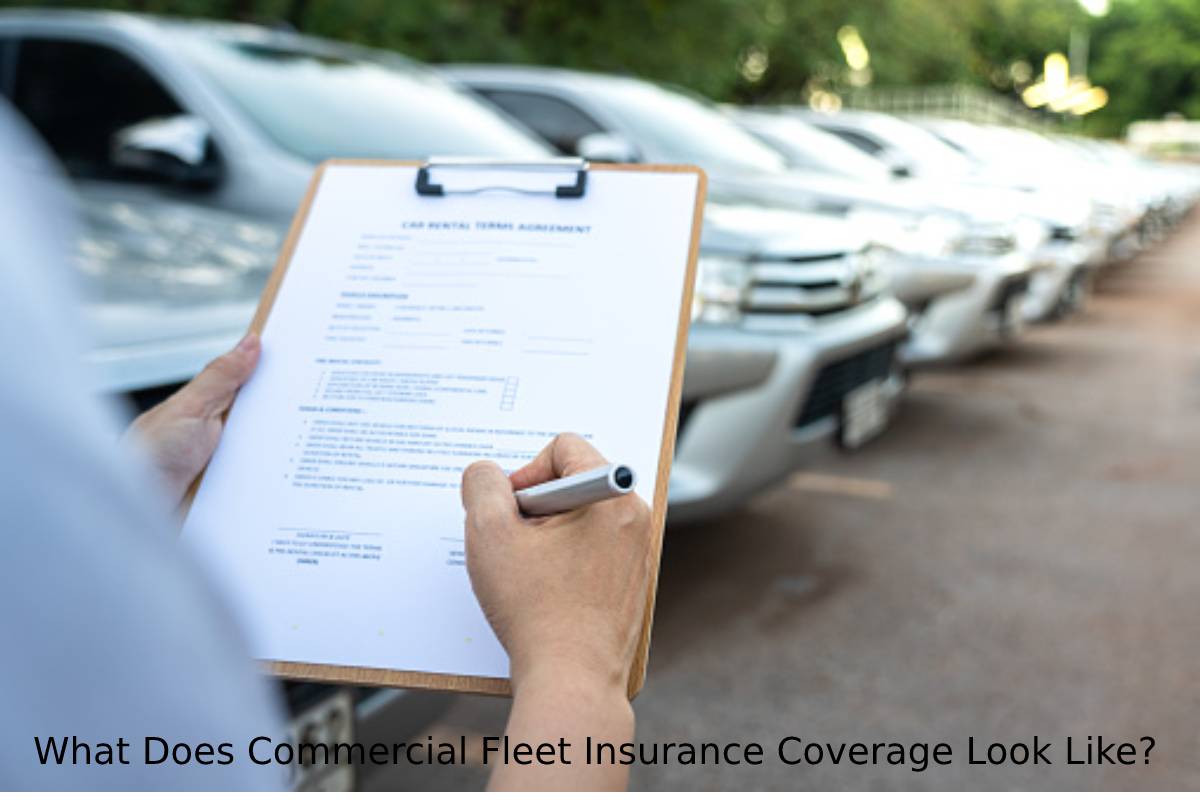The goal of commercial fleet insurance coverage is to protect your business against loss and damage to your vehicles or equipment and their contents during the course of business, as well as against other risks such as third-party bodily injury or property damage, product liability, cargo loss or damage, and contract liability.
In order to protect your business in the event of this type of loss, you may want to consider purchasing commercial fleet insurance coverage.
There are numerous options and factors to consider when getting commercial fleet insurance coverage. There are differences between policies, so you need to take some time to learn about the basics before finalizing your plan. However, what does it look like? Let’s take a closer look at commercial fleet insurance coverage and see if it’s right for you.
Table of Contents
Liability Coverage
Liability insurance is an essential component of your commercial fleet insurance coverage. In a basic sense, it protects you from incurring legal costs if one of your vehicles causes bodily injury or property damage to another party.
The amount that you’re legally obligated to pay for each instance will depend on what state you live in and could be thousands of dollars per incident. It’s important to have liability coverage in place before any incidents occur; otherwise, you could end up paying out-of-pocket for damage done by a driver who works for your company.
Physical Damage Coverage
This type of coverage ensures that you can recover from damage to your vehicle or property caused by a collision, vandalism, fire, natural disaster, and theft. Collision insurance covers your physical damage expenses in case of an accident; it is often considered a requirement for auto insurance.
Even if you don’t have much money tied up in your car or truck, losing it will set you back financially. That’s why almost every state requires drivers to carry physical damage coverage on their vehicles. The minimum amount of coverage required depends on where you live and how many miles you drive each year.
Personal Injury Protection
While personal injury protection (PIP) doesn’t cover accidents that occur in your car, if you get hurt or sick due to an accident that happens on your commute, PIP can help with medical bills and lost wages. PIP isn’t required in any state; it is optional and only covers medical treatment of injuries or illnesses that happen to you during a covered accident.
In other words, there’s no coverage for injuries you might sustain while driving. What many people don’t know is personal injury protection also comes in different forms, with varying limits. The higher your deductible, generally speaking, the lower your premium will be on PIP coverage.
Cargo Insurance
If you’re moving cargo, you’ll need protection from perils that are specific to hauling goods. Cargo insurance can cover goods as they travel by land, sea or air; it can also protect against damage and loss during transit.
This type of policy typically doesn’t provide any liability coverage; however, if you’re a freight company carrying packaged freight for another business (known as third-party liability), chances are your fleet insurance already includes some third-party liability coverage.
Roadside Assistance Section
If you’re running a fleet of 20-plus vehicles, there’s always a chance that at least one will break down. If it happens in a strange place or is your only vehicle, you may find yourself stranded for hours waiting for help to arrive.
Depending on your insurance policy, roadside assistance coverage can be purchased separately and will come with a 24-hour number (or numbers) where you can call someone to get you back on track quickly—even if they aren’t in your area.




